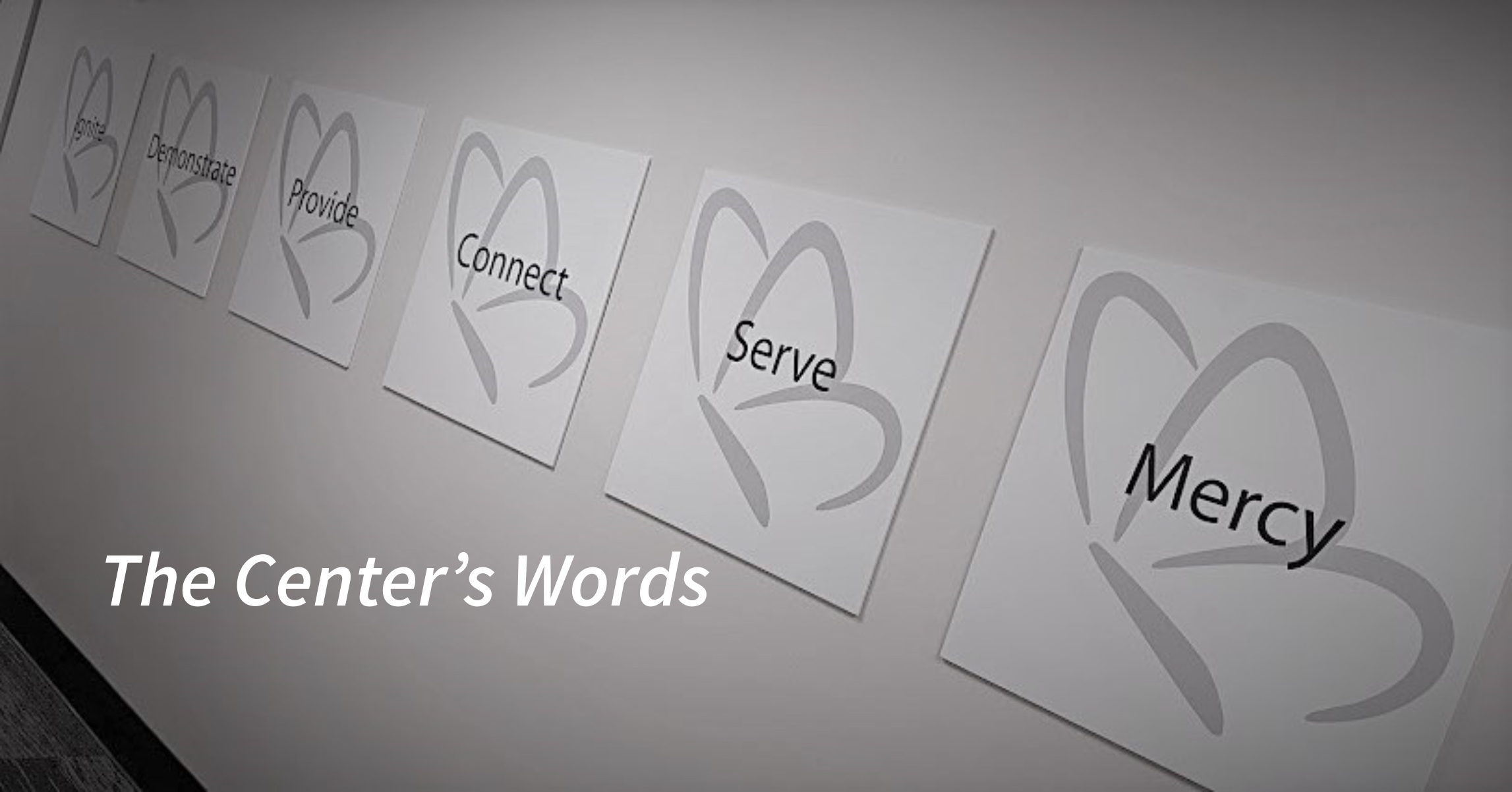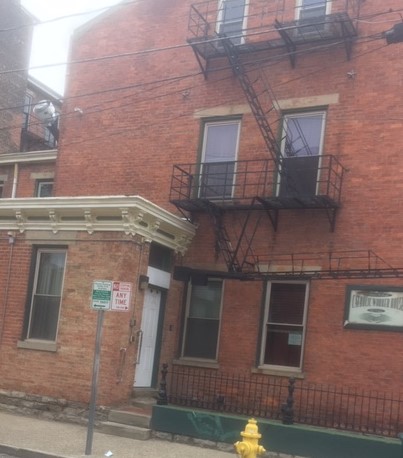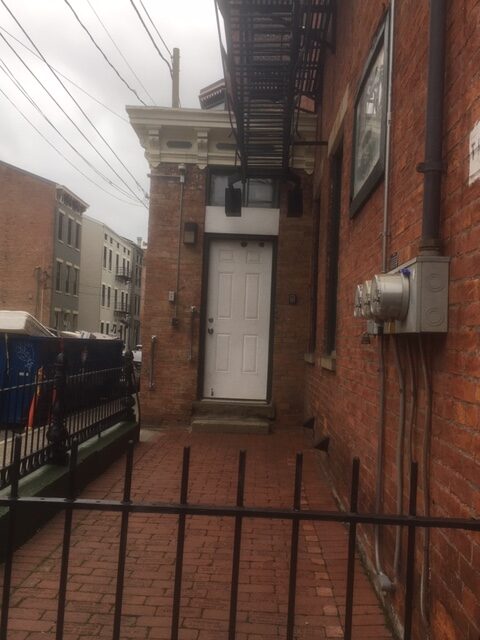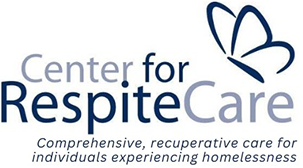
Transitional programs make stable living possible
The Center for Respite Care provides a safe place for our clients to heal, regain health and re-establish independent living. However, many folks confront ongoing challenges — area transitional housing programs can be a critical part of their journey.
Transitional housing refers to a supportive – yet temporary – type of accommodation that is meant to bridge the gap from homelessness to permanent housing by offering structure, supervision, support (for addictions and mental health, for instance), life skills, and in some cases, education, and training. While the Center offers most of these services, once a client is released from our care — our caseworkers locate options for additional support.
From Kay Burlew the Center’s Medical Recovery Manager: Transitional housing is a perfect opportunity for the Clients at the Center. This allows them to begin the independence that is needed to make decisions based on their own personal needs. Placing them in opportunities that they will need to begin problem-solving and processing what is best for them. Transitional housing continues to offer support as our clients begin this process. Being able to check in and ask questions about their decisions. Giving the client the encouragement needed to stay focused and remain on their journey to complete independence.
Transitional housing is an intermediate step between emergency crisis shelter and permanent housing. It is more long-term, service-intensive, and private than emergency shelters, yet generally remains time-limited. It is meant to provide a safe, supportive environment where residents can overcome trauma, begin to address the issues that led to homelessness or kept them homeless, and begin to rebuild their support network. . Greater Cincinnati offers many options. Services include sober living environments, medication-assisted treatment, and other protocols to assist with recovery.
Each transitional living program has its differences, depending on the program. However, overall, they are fairly similar. Clients stay in an environment with others who are also recently released and working on their recovery. Individuals live with supportive roommates who understand similar struggles. Transitional living programs are not as structured as rehab programs but do have rules that must be followed. This is because the program is allowing individuals to slowly reintegrate into an everyday living environment while remaining sober and using the skills learned during the time in treatment.
Transitional housing programs generally have been situated within dedicated, building-specific environments, where there is more common space and less private space than might be the case in permanent housing environments. However, as the concept of transitional housing has evolved, new approaches incorporating scattered-site housing are now being adopted. In such cases, some of the transitional ‘supports’ are considered portable.



The Center for Respite Care collaborates with a number of transitional programs including City Gospel Mission, St. Francis – St. Joseph Catholic Worker House, BrightView Addiction Treatment, Fairhaven Rescue Mission, and various local halfway houses. Thank you to our Greater Cincinnati providers for working with us to ensure a safe and healthy landing for the Center’s clients.

